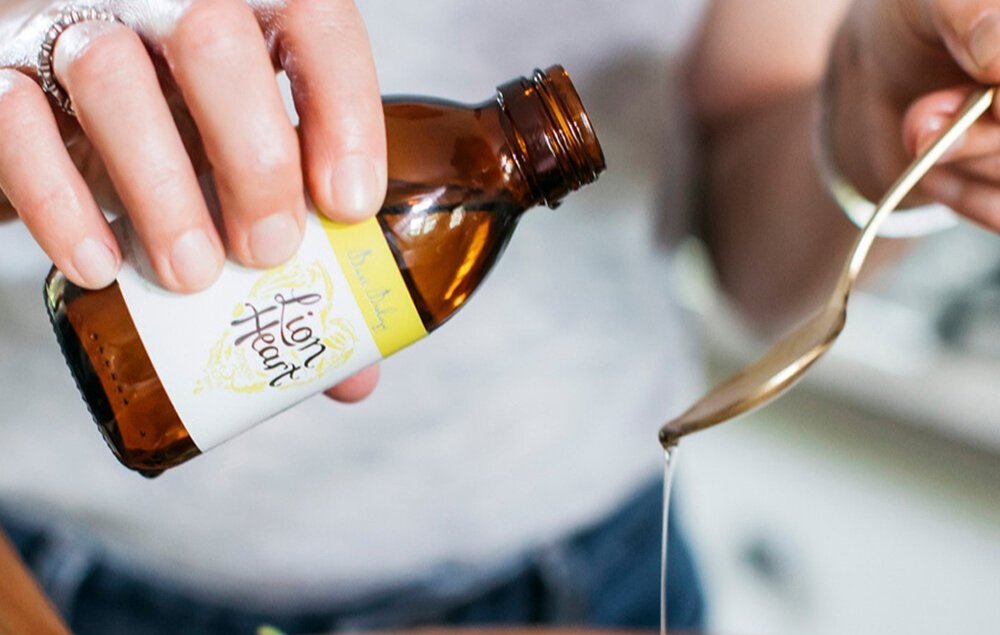Osteoporosis
Known as the ‘silent disease’, post-menopause osteoporosis could be going on in a skeleton near you. Yes, your own skeleton! Even those of us who think we’re breezing through menopause without any obvious symptoms need to be aware of the risks, otherwise, we face a brittle future of fractures and falls.
Does menopause cause osteoporosis?
The bone-building process goes on until our early thirties with oestrogen playing a significant role in supporting and maintaining this development. That means our risk of developing osteoporosis (fragile bones that break relatively easily after a simple fall) and bone loss at menopause accelerates because oestrogen levels drop.
Factor in age, genetics, low body weight, underlying health conditions and race (women of colour are at lower risk than white or Asian women due to the size and strength of their bones) and yep, menopause affects bones, leaving them high and dry. Around 1 in 3 women will develop osteoporosis, with 40% going on to experience a fracture. Our 21st-century diet and sedentary lifestyles don’t help either.
Menopause and osteoporosis prevention
You can’t change the fact that you’re a perimenopausal or menopausal woman! But you can prevent osteoporosis post-menopause by getting clued up on strengthening bones, being more flexible and preventing falls or fractures. If you have a family history (your mother or granny are a giveaway), then you are a prime candidate to start preventing bone loss during menopause and ideally pre-menopause. The effects of early menopause can take its toll on your bone density with the premature loss of oestrogen, therefore it’s crucial that these young women get additional bone-strengthening support.
It’s proven that making lifestyle changes during perimenopause and being more physically active helps improve menopause symptoms, and osteoporosis is one of the main conditions that exercise benefits to maintain strong bones and muscle mass.
Reassessing your menopause diet and nutrition plays a role too, cutting down on your alcohol consumption and taking a vitamin-D supplement during the darker winter months will also help lower your risk of developing osteoporosis post-menopause.
Menopause osteoporosis treatment
If you have a history of maternal osteoporosis in your family, ask your doctor about a bone density (DEXA) scan to confirm whether you have developed osteopenia, the precursor to osteoporosis, it’s diagnosed when bone density is low but not low enough to be osteoporosis. Women who have early menopause (before age 45), also face a higher risk of low bone density in later life. So if that’s you, it’s important to have a bone density test within 10 years of going through menopause.
If your doctor suspects you have osteoporosis, they can make an assessment using an online programme, such as FRAX or Q-Fracture.
These tools help to predict a person's risk of fracture between the ages of 40 and 90 to give a 10-year probability of hip fracture and a 10-year probability of a major fracture in the spine, hip, shoulder or forearm.
Your doctor may be able to send you for a gold-standard DEXA scan but, anecdotally, we’ve heard they’re hard to get.
There are medication options for treating osteoporosis. NICE guidelines offer two different treatment pathways for post-menopause women following a diagnosis of osteoporosis who have or haven’t had a fracture. Talk to your doctor about what is best for you. Also, check the National Osteoporosis Guidelines for detailed information.
Does HRT help bone density?
HRT may be recommended where there is a family history of osteoporosis, known risk factors or where women have experienced early menopause. It is thought that HRT may decrease the likelihood of fractures.
Postmenopausal osteoporosis is a big public health problem. An article in the US National Library of Medicine says, ‘There is clear evidence that HRT prevents bone loss in all stages of postmenopausal life. However, oestrogen therapy must be long-term, possibly lifelong, to have any lasting impact on bone health.’
The usual caveat here is that this is something to be discussed with your doctor. There are pros and cons to taking HRT. We don’t take a view. It’s for you to decide whether it’s for you or not.
And the good news is….
Whilst the odds are stacked against us with the hormone hand we’ve been dealt, there are a number of personal self-help strategies you can proactively take yourself in terms of diet and lifestyle changes to massively improve bone health and prevent osteoporosis.




















Women over 40 should ensure they are getting the necessary dose of vitamin D. It’s the number one vitamin for menopausal women’s wellbeing.